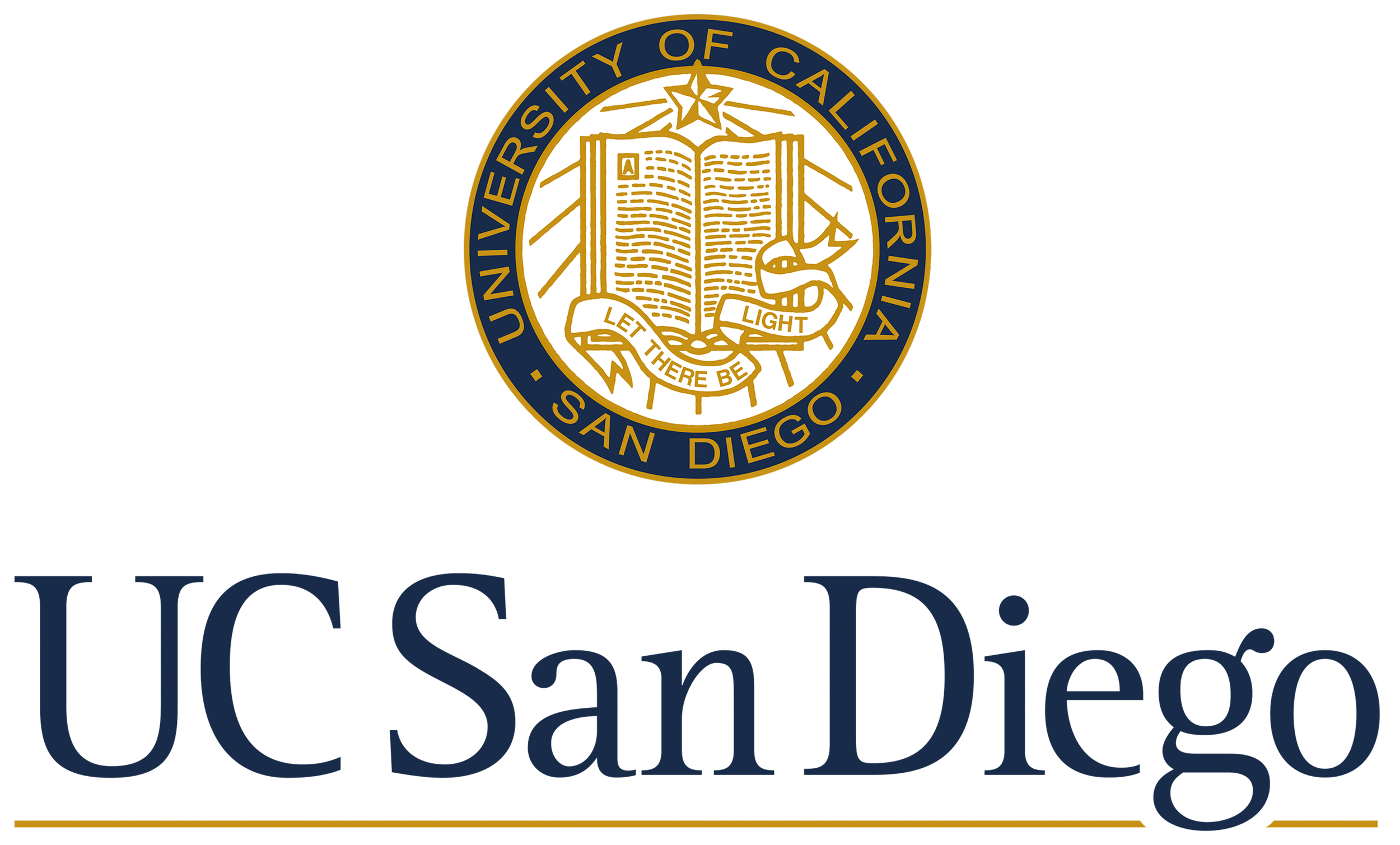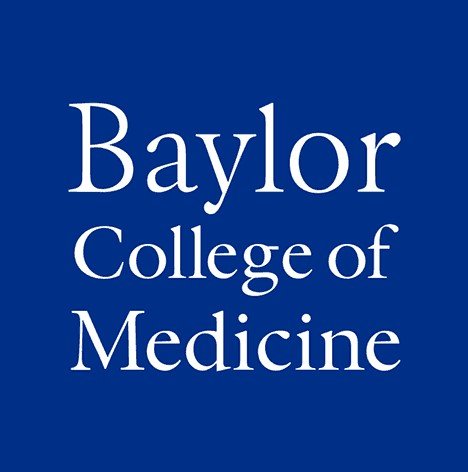Academic Researchers
We take pride in collaborating with a distinguished community of researchers who wholeheartedly support our vision. Together, we strive to unlock new frontiers of scientific exploration, enabling breakthroughs that positively impact countless lives.







Join us on this extraordinary journey!
David T.W. Wong, D.M.D., D.M.Sc.
Distinguished Professor, UCLA School of Dentistry
Director, Center for Oral/Head & Neck Oncology Research
University of California Los Angeles
Dr. David Wong is an active scientist in oral cancer and saliva diagnostics research. He is a fellow of the American Association for the Advancement of Sciences (AAAS), past member of the ADA Council of Scientific Affairs and the past president of American Association of Dental Research (AADR). In his lab, they are pioneering research in the usage of saliva as a diagnostic medium for early detection and monitoring of systemic diseases. Additionally, they are focused on the fundamental biology of molecular markers in biofluids in particular their biogenesis, transport, metabolism, and their downstream effect on the pathophysiology of the human body, in health and disease.
Ghayas Issa, M.D.
Assistant Professor, Department of Leukemia
The University of Texas MD Anderson Cancer Center
Dr. Ghayas Issa is a leading medical oncologist researching analysis of leukemia genetics in order to better understand causes of progression and response to treatment. He has received a number of awards including the Young Investigator Award from the American Society of Clinical Oncology, the Celgene Future Leaders in Hematology Award, and the Kimberly Patterson Fellowship in Leukemia Research. His goal as a researcher is to further understand the genetic underpinnings of leukemia and to develop safe and effective novel therapies.
Peng Yin, Ph.D.
Professor, Department of Systems Biology
Harvard Medical School
Wyss Institute for Biologically Inspired Engineering
Dr. Peng Yin’s research interest lies at engineering programmable molecular systems inspired by biology. Peng’s lab uses synthetic DNA/RNA to construct, manipulate, and visualize nanoscale structures. They have developed a general framework to program DNA/RNA strands to self-assemble into structures with user-specified geometry or dynamics. By interfacing these nanostructures with other functional entities, they have introduced digital programmability into diverse application areas.
Robert Britton, Ph.D.
Professor, Department of Molecular Virology and Microbiology
Member, Alkek Center for Metagenomics and Microbiome Research
Baylor College of Medicine
Dr. Robert Britton specializes in therapeutic microbiology and probiotics. His laboratory is interested in the role of microbes in human health with a focus on how to translate our findings into meaningful ways to diagnose, prevent and treat human diseases. They use bacterial genetics, genomics, microbial ecology, and human organoid technology to investigate individual how microbes and microbial community structure and function impact host physiology.
Prashant Mali, Ph.D.
Professor, Department of Bioengineering
UC San Diego Jacobs School of Engineering
Dr. Prashant Mali focuses his research in the fields of synthetic biology and regenerative medicine, with a long-term focus on developing tools for enabling gene and cell based human therapeutics. To this end, his lab takes a multidisciplinary approach integrating its core expertise in genome engineering and stem cell biology with instrumentation and materials engineering.
Abhijit A. Patel, MD, Ph.D.
Associate Professor, Department of Therapeutic Radiology
Yale University School of Medicine
Dr. Abhijit Patel ‘s research interests are: Oncology, Therapeutic Radiology, Radiobiology, Radiation Oncology, Molecular Biology. In his laboratory, they are seeking to develop innovative strategies to diagnose, characterize, and monitor cancer with the ultimate goal of improving patient outcomes. They are developing ultrasensitive diagnostic tools to enable measurement of trace amounts of these circulating tumor DNA molecules via analysis of genomic and epigenomic signatures. In parallel, they are conducting validation studies to establish the utility of these technologies for various clinical applications including early detection of new and recurrent cancers.
Omid Veiseh, Ph.D.
Associate Professor of Bioengineering
CPRIT Scholar in Cancer Research
Rice University
Dr. Omid Veiseh is a Rice professor where he leads a research program aimed at engineering next generation treatments for a wide range of human diseases by leveraging the latest techniques in synthetic biology, immunoengineering, and materials science to develop innovative cell-based platforms for real-time production of biologics.
Mingjie Dai, Ph.D.
Assistant Professor of Bioengineering
CPRIT Scholar in Cancer Research
Rice University
Dr. Mingjie Dai is a technology developer in DNA nanotechnology, super-resolution microscopy, and high-throughput sequencing. The molecular tools and microscopy methods developed in his work have broad applications in basic biomedical research and clinical use, from understanding the underlying cause and progression of disease, to sensitive and scalable viral diagnostics.








